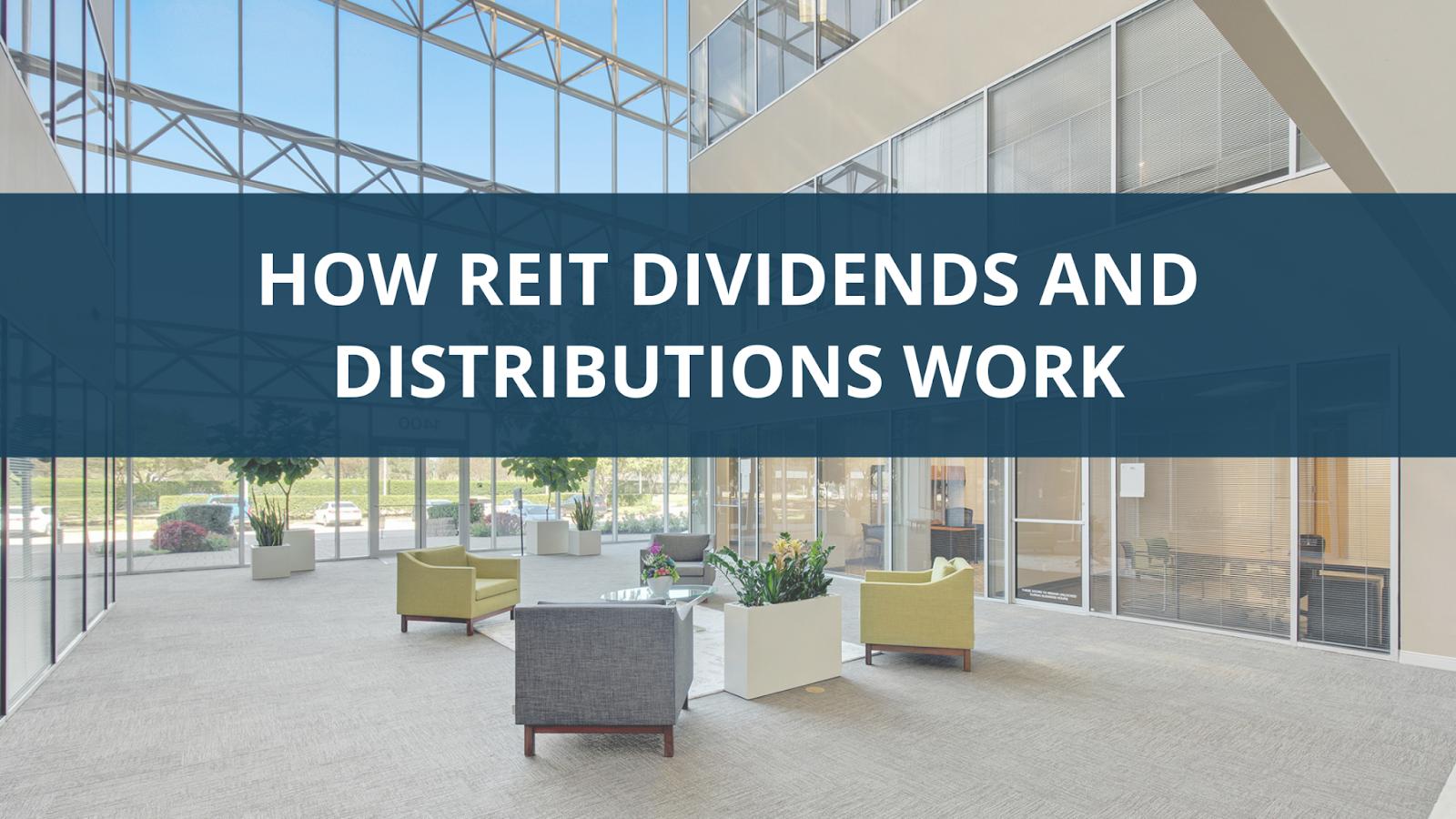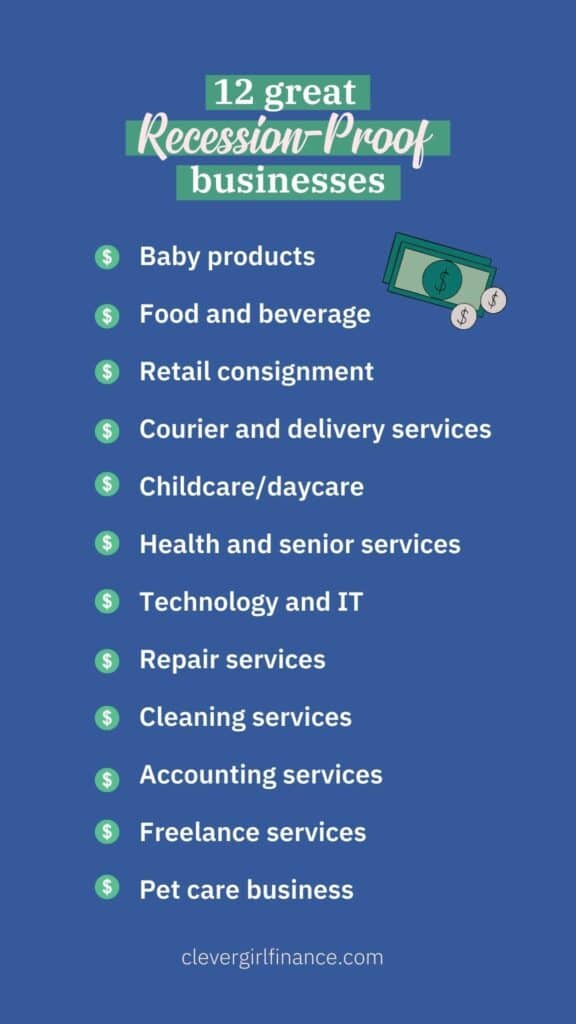
If you have ever wondered how stocks can be bought, this article will tell you how to make a Limit or Market order. An Index fund might be worth considering if you're just starting. A fund that is invested in an index of stocks can give you a portfolio that includes some of the most reputable companies in the country. Follow these steps to learn how to buy stocks confidently.
Limit order
A limit order refers to an investment strategy in that you place a predetermined amount of stock into your account at a given price. Limit orders won't be executed if the stock price is less than or equal the price you specified. Your order will be cancelled if the stock price falls below the limit price. Dependent on other orders, the limit price may be higher. Limit orders offer the benefit of avoiding volatility in the market.
Imagine that an Apple stock limit order is placed and the price rises from $190 up to $210. If you do not wish to sell at this price, then set a higher limit so that you aren't overpaying. You can also buy stock at a higher cost if Apple goes bankrupt. This way, you will avoid missing out on a great opportunity.

Market order
Market orders are a popular method for buying stocks. It's not the best way to buy stocks, but it is useful in certain circumstances. It's a good option if you're in an unfavorable position and don’t want it to change the market. You can also use this strategy when you are using automated investment strategies or dollar-cost averaging. You should be aware of the possible risks involved with using a "market order".
The broker will execute your trade at the current price. This means that your order is filled at the best price and will be completed as quickly possible. You would, for example, choose to buy 100 shares at XYZ Inc. for whatever price it is currently going for. The current market price will determine the price you pay.
Stop order
A stop order for stocks can be a good way of minimizing your loss. However, stop orders don't guarantee a specific price, unlike limit orders. Your stop price will be reached and your order will convert to a Market Order. This allows you to maximize control over your investment decisions. This type of order also helps you hedge against the risk of a stock moving against you. In this way, you can reduce your risk and maximize the control you have over your stock investments.
A stop order is not a limit order, but it does instruct the market to execute a buy or sell order if the stock reaches a set price. A stop order prevents you from losing too much. A stop order is something you should use. Make sure it's set at a price you can afford. A financial advisor can help you decide the best way to go.

Index fund
Index funds can be a great option if you are just starting out in the stock market, or if you don't have the time or the patience to keep track of your portfolio. An index fund closely tracks the performance of the S&P 500, a popular stock market index. However, there are some differences between index funds and actively managed funds. Index funds have no risk restrictions and you can invest either in one or several of them. You can also choose to invest in an index fund based only on one index, such the S&P 500.
Index funds don't require much management so novice investors can use them with no concern. You can decide how much money you want to invest each month and stick with that amount. Compound interest calculators are available online, which can help you determine the amount of money you need to invest each month. Once you've decided how much you can afford to invest each month, you should prioritize your investments based on your retirement savings goals.
FAQ
What is an REIT?
A real estate investment trust (REIT) is an entity that owns income-producing properties such as apartment buildings, shopping centers, office buildings, hotels, industrial parks, etc. These are publicly traded companies that pay dividends instead of corporate taxes to shareholders.
They are similar to corporations, except that they don't own goods or property.
What is the role of the Securities and Exchange Commission?
SEC regulates the securities exchanges and broker-dealers as well as investment companies involved in the distribution securities. It also enforces federal securities law.
How do I choose an investment company that is good?
You should look for one that offers competitive fees, high-quality management, and a diversified portfolio. Commonly, fees are charged depending on the security that you hold in your account. Some companies have no charges for holding cash. Others charge a flat fee each year, regardless how much you deposit. Others may charge a percentage or your entire assets.
You should also find out what kind of performance history they have. A company with a poor track record may not be suitable for your needs. Avoid companies that have low net asset valuation (NAV) or high volatility NAVs.
Finally, you need to check their investment philosophy. A company that invests in high-return investments should be open to taking risks. If they aren't willing to take risk, they may not meet your expectations.
Statistics
- The S&P 500 has grown about 10.5% per year since its establishment in the 1920s. (investopedia.com)
- Ratchet down that 10% if you don't yet have a healthy emergency fund and 10% to 15% of your income funneled into a retirement savings account. (nerdwallet.com)
- Even if you find talent for trading stocks, allocating more than 10% of your portfolio to an individual stock can expose your savings to too much volatility. (nerdwallet.com)
- Individuals with very limited financial experience are either terrified by horror stories of average investors losing 50% of their portfolio value or are beguiled by "hot tips" that bear the promise of huge rewards but seldom pay off. (investopedia.com)
External Links
How To
How do I invest in bonds
You need to buy an investment fund called a bond. The interest rates are low, but they pay you back at regular intervals. You make money over time by this method.
There are many options for investing in bonds.
-
Directly purchase individual bonds
-
Purchase of shares in a bond investment
-
Investing with a broker or bank
-
Investing via a financial institution
-
Investing through a pension plan.
-
Directly invest through a stockbroker
-
Investing via a mutual fund
-
Investing via a unit trust
-
Investing with a life insurance policy
-
Investing through a private equity fund.
-
Investing in an index-linked investment fund
-
Investing with a hedge funds